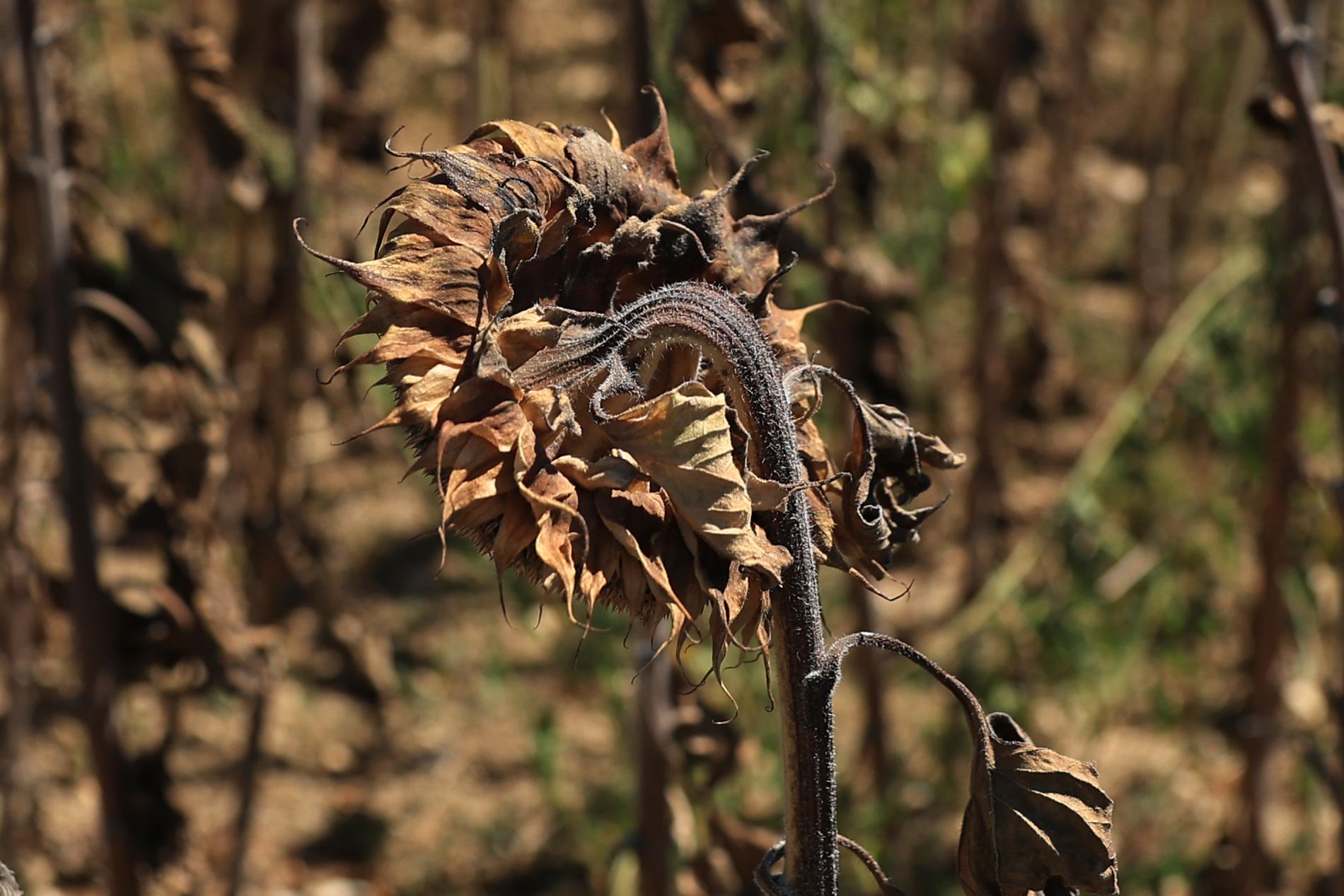Europe’s most severe drought in decades may be a warning of the future’s “new normal”, namely dry winters, scorching summers and water shortages driven by global warming.
Updated just now
–
That is what Nuria Hernández-Mora of the organization New Water Culture (FNCA) warns the newspaper The Guardian. She points out that studies show that droughts will become more intense, more frequent and longer.
– This is going to be the new normal, and yet we continue to approve increased use of a resource we do not have and which is becoming scarcer, she tells the newspaper.
In mid-July this year, 45 percent of the EU’s territory was under a drought warning, according to The EU’s European Drought Observatory.
The European Commission warned of a “critical” situation in several regions after 15 percent had a red danger warning in the same period.
The heat waves we have seen in Europe this summer has worsened the situation. The extreme drought has had consequences for private individuals, farmers and businesses across Europe.
Also read: That is why the heat wave is hitting Europe so hard
 –
–France is one of the countries that has seen itself forced to introduce strict measures. Prime Minister Élisabeth Borne has deployed a crisis unit to deal with the country’s worst drought since 1958, when registration began.
85 per cent less rainfall than normal has been reported in the country, and water restrictions have been introduced in almost all counties. The restrictions include watering bans in almost all French regions.
Many here also do not have access to clean tap water: More than 100 municipalities have had to get drinking water transported in by tankers.
– We have to get used to episodes of this type. Adaptation is no longer an option, it is an obligation, says Christophe Béchu, Minister of Green Development, according to The Guardian.
The country’s agriculture minister also warns against a maize crop that could be more than 18 per cent lower than last year. In addition, the farmers’ associations report that there may be a shortage of milk due to a lack of cattle feed as a result of the drought.
 –
–Exacerbates illness
Floods, heat waves and droughts have exacerbated more than half of all known infectious diseases, according to news agency AP. This includes, among others, malaria, cholera and anthrax.
AP cites a study in the journal Nature Climate Change, in which researchers found that 58 percent of the known infectious diseases found in humans apparently worsened of one of the ten types of extreme weather linked to climate change.
– If the climate changes, the risk of these diseases also changes, says one of the authors behind the study, Dr. Jonathan Patz, director of the Global Health Institute at the University of Wisconsin-Madison.
Heat waves are becoming normal
Earlier this summer said the World Meteorological Organization to VG that we will probably see more heat waves in the coming decades.
– In the future, such heat waves will be normal. We will see even clearer extremes. We have pumped so much carbon dioxide into the atmosphere that the negative trend is going to continue for decades. We have not managed to reduce our emissions globally, says Petteri Taalas, Secretary General of the World Meteorological Organisation.
– The best solution to this will, again, be very ambitious in how we handle this global warming.
–


